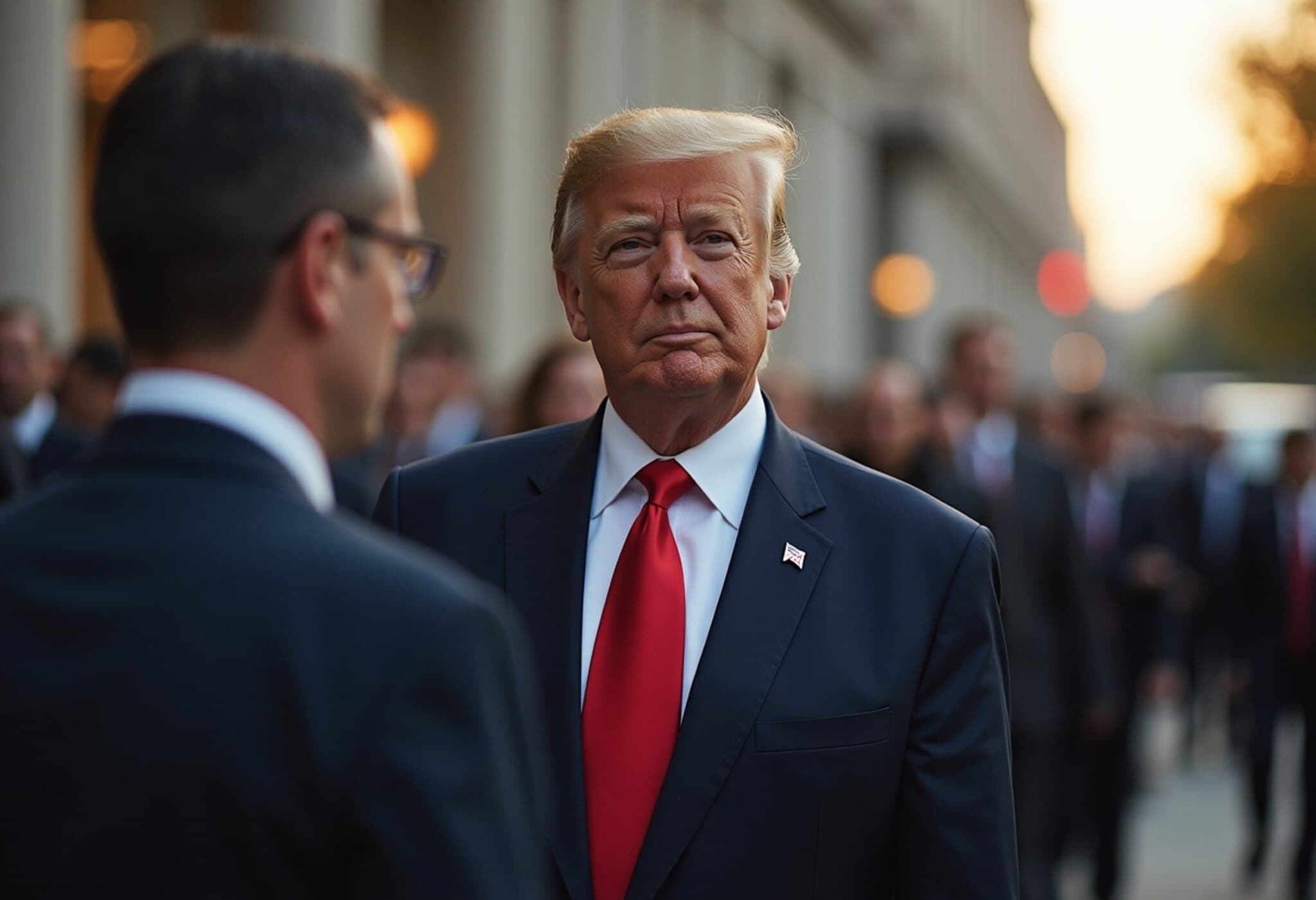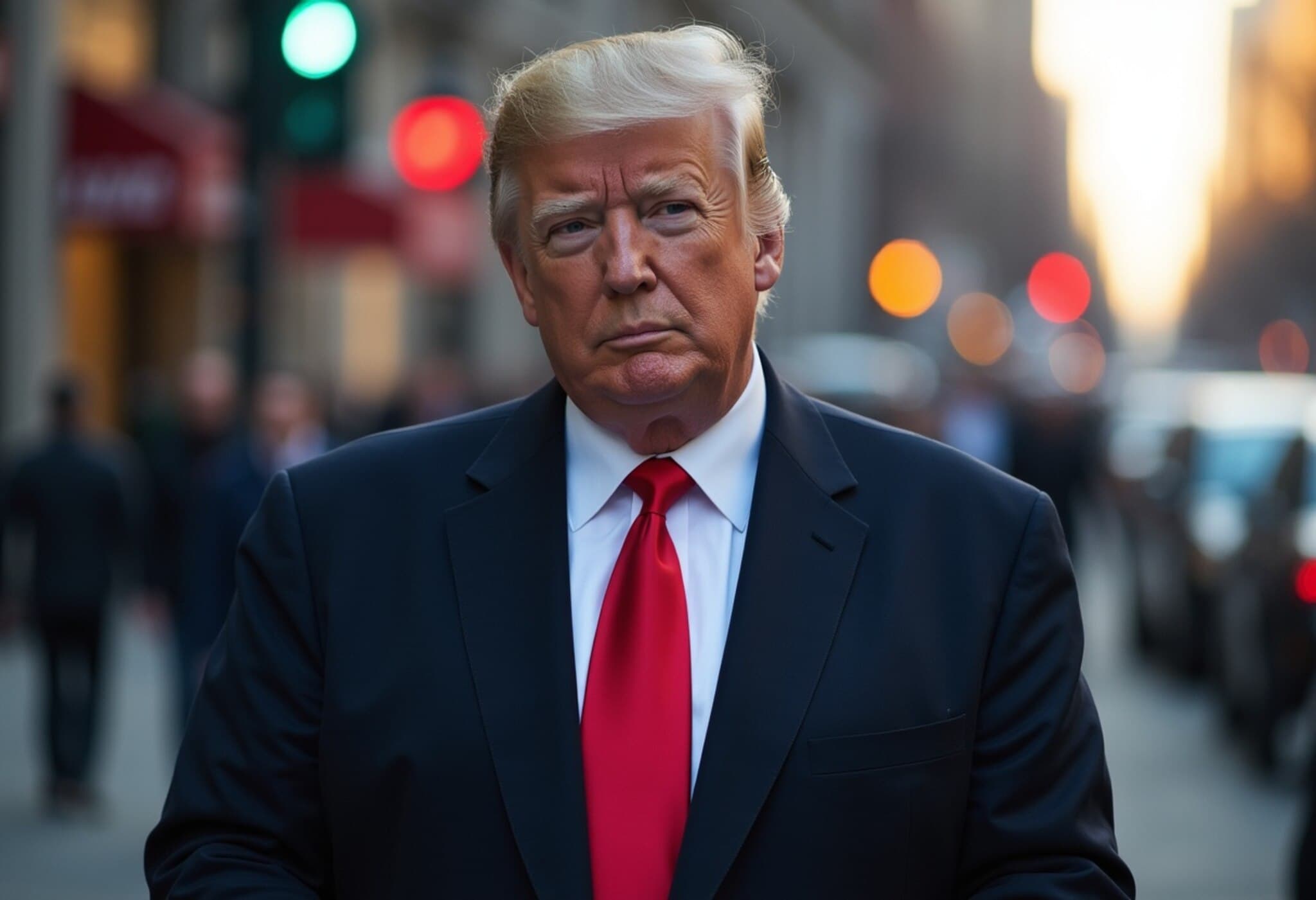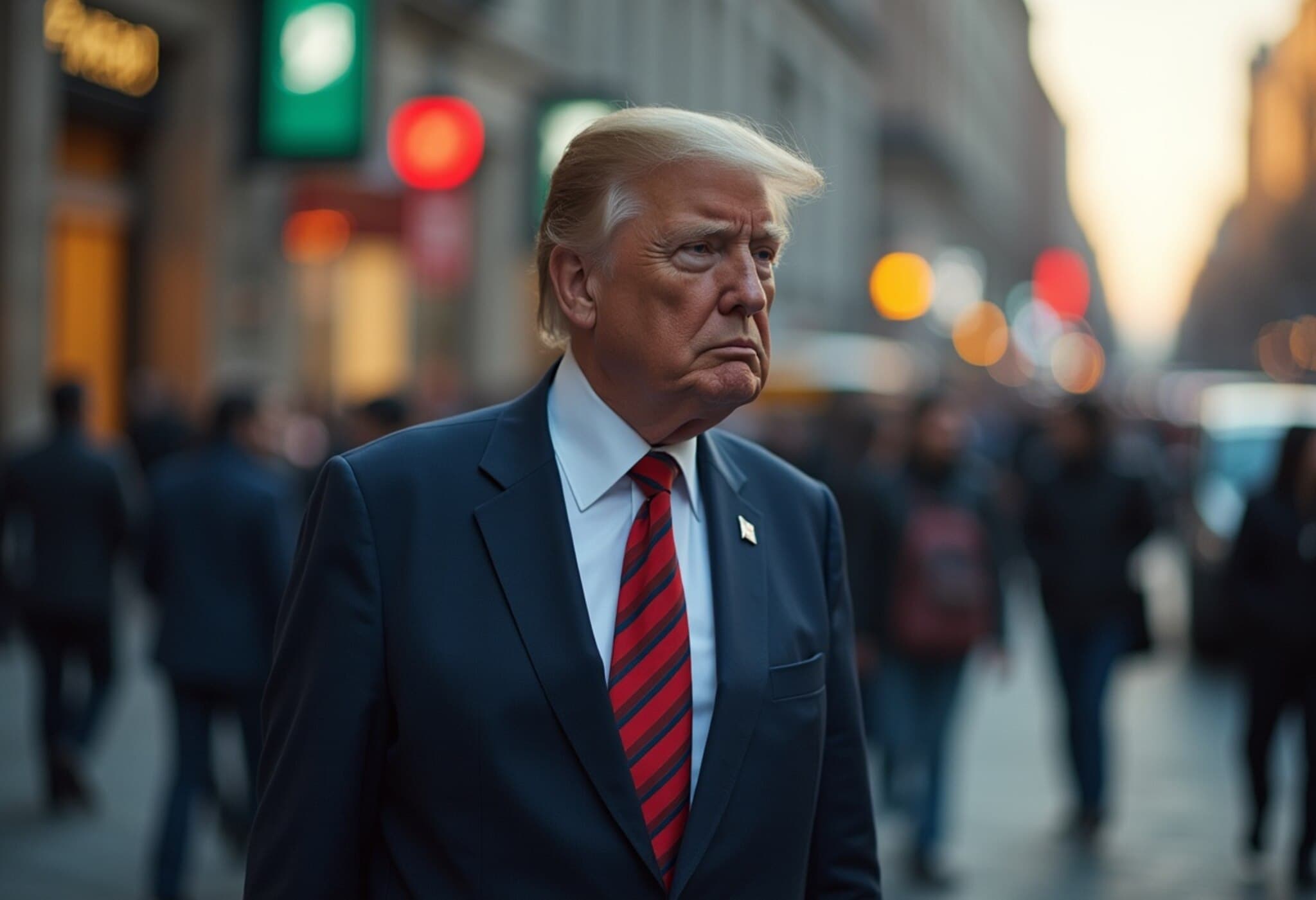UK Introduces Sweeping Changes to Skilled Worker Visa Rules
Starting July 22, 2025, the United Kingdom is set to overhaul its immigration policy, impacting overseas skilled workers significantly. The government announced a set of new rules aimed at tightening visa criteria, raising salary thresholds, and ending recruitment of social care workers from abroad.
Key Reforms Taking Effect July 22
- Ban on Overseas Social Care Worker Recruitment: New visa applications for social care roles from outside the UK will no longer be accepted. Existing care workers in the UK can switch visas domestically until July 2028.
- Raised Qualification Threshold: Foreign skilled workers will now generally require at least a bachelor’s degree or an equivalent qualification (RQF level 6) to qualify.
- Increased Salary Requirements: The minimum salary floor will increase from £38,700 to £41,700 for general skilled worker applicants, with corresponding rises for PhD holders.
- Shortage Occupation List Reduced: Over 100 roles, including chefs and plasterers, have been removed from this list that previously granted easier access.
- Temporary Shortage List Introduced: A limited, time-bound list for essential sub-degree roles supporting infrastructure and industrial priorities will exist until the end of 2026, though workers on this list lose fee and salary discounts and cannot bring dependants.
- Existing Skilled Workers Exempt: Workers already in the UK on skilled worker visas can continue working without meeting the new degree-level qualification criteria.
Why These Changes?
The Home Secretary described this as a “complete reset” of the immigration system, emphasizing a goal to reduce migration numbers, restore control, and direct focus towards training and upskilling the domestic workforce.
The government aims to curb reliance on lower-paid overseas labor, particularly in social care where concerns over worker exploitation were rampant. By raising thresholds, the UK intends to attract higher-skilled migrants and ensure better compliance.
Impacts on Employers and Sectors
These reforms spell challenges, especially for sectors like healthcare, social care, hospitality, construction, engineering, and manufacturing that have traditionally depended on overseas talent for critical roles.
The removal of many occupations from the shortage list means employers will face hurdles accessing international workers for mid-skilled and vocational jobs. The extension of the settlement qualifying period from five to ten years further complicates attraction and retention efforts.
Temporary Shortage List – A Short-Term Solution
While the rules emphasize graduate-level skills, the government acknowledges certain roles remain vital to national infrastructure and growth. The temporary shortage list covers such sub-degree roles, allowing immigration access with strict conditions until 2026.
However, workers under this list will:
- No longer receive visa fee or salary discounts
- Be unable to bring dependants
- Be subject to ongoing review by the Migration Advisory Committee (MAC) to decide future inclusion
Transition Provisions for Current Workers
The government ensures continuity for existing skilled workers already in the UK under previous rules. These workers are exempt from the heightened qualification requirements and can renew visas or change jobs within approved occupations through transitional arrangements.
Expert Insight: What Employers Need to Know
Legal experts advise businesses to act swiftly and reassess recruitment strategies in light of these reforms. They recommend:
- Upskilling Domestic Employees: Invest in apprenticeships and graduate training programs.
- Reviewing Sponsorships: Accelerate international hiring before July 22 to mitigate disruption.
- Adjusting Retention Strategies: Enhance salary packages and benefits to retain talent.
These measures will require long-term planning and greater alignment between workforce needs and immigration policy.
Looking Ahead
Later in 2025, additional rules tightening visa application conditions, higher employer immigration charges, and stricter English language requirements are expected.
Meanwhile, the government is pressing for robust domestic workforce development plans in every sector to support sustainable growth and minimize dependency on foreign labor.
In summary, the UK’s immigration overhaul emphasizes higher skills, increased wages, tighter controls, and prioritizing UK-based talent, marking a significant shift in how foreign workers can enter and contribute to the country’s economy.












